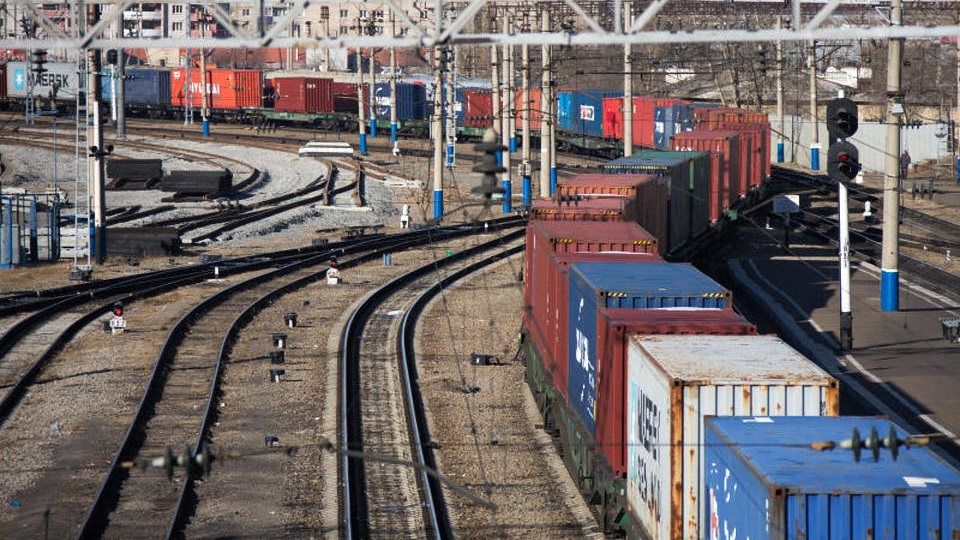Kaliningrad-bound trains back on track after sanction update

The first Kaliningrad-bound train from Russia reached the Lithuanian border on Tuesday, 26 July. After a few weeks of uncertainty, this train marks the restoration of rail freight traffic between Russia and its exclave.
Do you want to read the full article?
Thank you for visiting RailFreight.com. Become a member of RailFreight Premium and get full access to all our premium content.
Are you already a member?
Having problems logging in? Call +31(0)10 280 1000 or send an email to customerdesk@promedia.nl.




